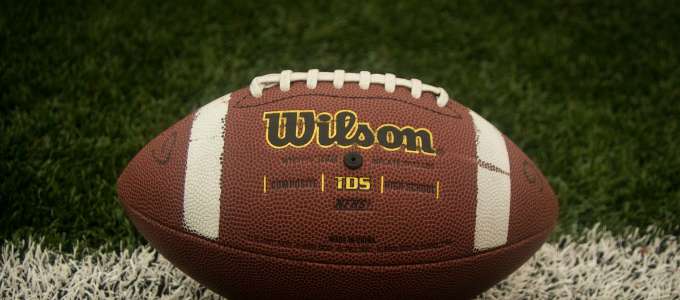Occasionally “Psychology at Work” takes a detour into the mysteries of labor law, and given that I also love football, it seems appropriate to comment on recent NLRB and judicial intrusions into that domain.
Summer is over, so it’s time to leave beach vacations and rum punch hangovers in the rearview mirror and focus on important things.
Like football.
The humility-challenged Tom Brady will start the season as the New England Patriots’ quarterback, despite being suspended under his collective bargaining agreement (yes, the 0.0001-percenter with perfect teeth and supermodel wife is a card-carrying union member).
You know the facts – he was involved in messing with the air pressure in footballs before a big game, lied about it, and was disciplined after a labor arbitration between his union and the NFL. Usually in labor law, this means game over. Labor arbitration was designed to encourage private resolution of labor disputes, and federal courts were admonished to keep their hands off it by the U.S. Supreme Court in a group of cases referred to as the Steelworkers Trilogy.
But federal judges, who also don’t exactly suffer from a lack of self-esteem, sometimes can’t help themselves. Judge Richard Berman of the Southern District of New York recently overturned Brady’s suspension on appeal and ordered him reinstated in time for the first game, which he promptly won (as fantasy league players are all too aware). He based his opinion on the premise that Brady wasn’t afforded the sort of procedural due process we are accustomed to in trials, but labor arbitrators aren’t bound by such rules, and their decisions aren’t usually vacated on procedural grounds.
Although the Court didn’t directly address the issue, what really seems to be at play here is that the arbitrator was none other than Roger Goodell, commissioner of the NFL. The vast majority of labor contracts call for neutral arbitrators, but Goodell invoked a provision in the collective bargaining contract giving him the option to rule on questions involving the “integrity of the game.” It’s like having a corporate CEO arbitrate a labor dispute at one of his factories if he decides the “integrity” of his company is at stake.
This is inherently unfair. The court should have kept its hands off the matter — deciding what is “fair” or not isn’t its job — but Goodell and the NFL will avoid public relations fiascos like this in the future if the NFL agrees to remove the clause allowing Goodell to arbitrate management decisions from the labor contract.
Pick neutral arbitrators the next time you want to penalize one of your golden boys, NFL.
In another high-profile football case — this one involving college players — the National Labor Relations Board overturned a lower-level board decision granting the Northwestern football team the right to unionize.
College football unions? Seems silly, right? Student-athletes collectively bargaining over practice time and study breaks?
As I’ve written before, a football game between, say, Holy Cross and Teamster Local 534 could lead to absurd results. It can’t have been within the wildest imagination of the Depression-era congressional creators of the National Labor Relations Act that fancy-pant private college school students would be protected by the same law covering mill workers.
The narrow legal question that was involved: Do the players in a profit-generating venture like college football more closely resemble employees eligible to unionize than they do students? It was a close call.
Fortunately, for those who love football, higher education and common sense, the labor board declined to rule on the legal issue. Punted, so to speak.
A fairly unique feature of labor law is that it gives the labor board and the courts plenty of room to sidestep legal questions where the resolution would disrupt entire industries. One of the legislative goals behind the NLRB board is to “promote stability in labor relations.” Allowing one team to form a union in a league whether others cannot (the rest of the Big Ten consists of public schools and aren’t covered by the labor act) fits no one’s definition of stability. The board wisely said it would save the question for another day. Hopefully, that day will never come.
Frequent readers know I am not always a fan of the NLRB, but they got this one right. However, it would be fine by me if Northwestern wants to call an unauthorized strike this Saturday during its game against my beloved Duke Blue Devils















